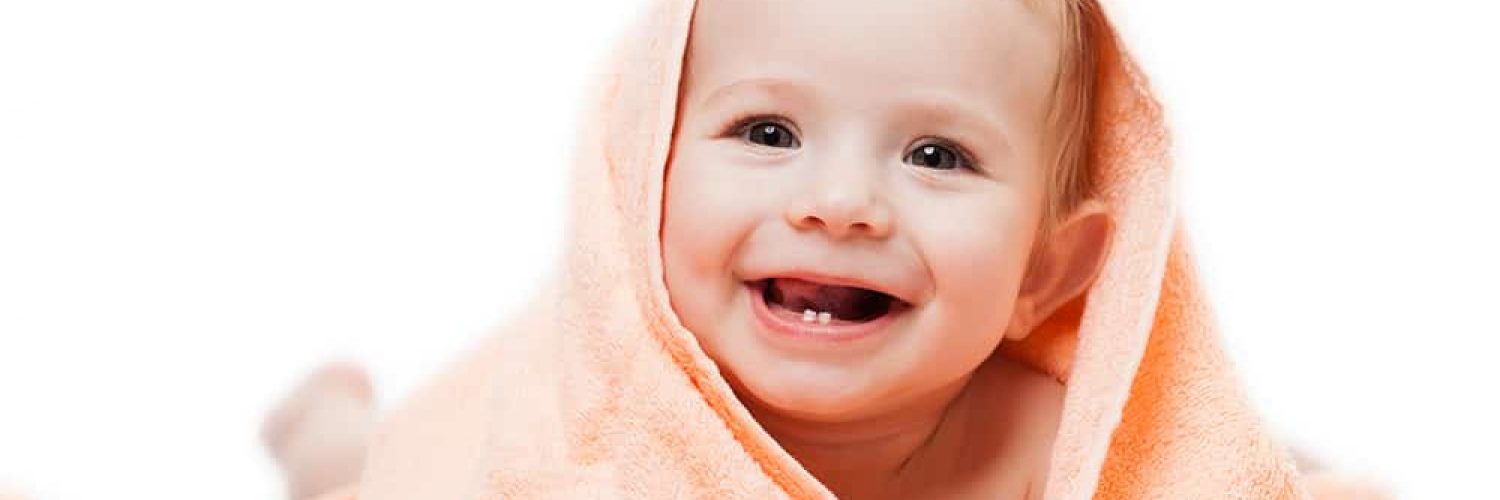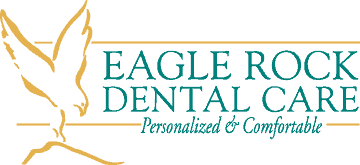Breastfeeding is one of the first (and most personal) decisions a mother is responsible to make for her baby. Whether you do decide to breastfeed or formula feed (or both) there are some things you need to know about how it can affect your child’s dental health (as well as your own). Breastfeeding can help your baby’s body fight infections and reduce health risks like asthma, ear infections, SIDS and obesity in children. Nursing moms may lower their chances of developing breast and ovarian cancer. But one thing a lot of people do not know is that breastfeeding can impact the dental health of baby and mom. Here’s how:
- Breastfeeding May Help Build a Better Bite. There is a study from June 2015 that found babies exclusively breastfed for six months were 72% less likely to have crooked teeth. These babies were seen to be less likely to develop open bites, cross bites and overbites than babies who breastfed for less than six months or not at all. Keep in mind, this doesn’t mean your exclusively breastfed baby won’t need braces someday. There are other factors, including genetics, pacifier use, and thumbsucking, that will affect alignment.
- You Don’t Have to Wean When Your Baby Gets Teeth. It’s a question that often pops up in conversations with new moms: Should I stop breastfeeding when my baby starts teething? The answer is not if you don’t want to. It can be scary to continue breastfeeding when your child begins to show teeth. However, the American Academy of Pediatrics recommends breastfeeding for the first year of a baby’s life; the World Health Organization encourages moms to go for two. If you do choose to continue with breastfeeding, keep in mind that your child will adjust to having teeth and can continue with process with little to no issues (with some practice, of course!).
- Breastfeeding Reduces the Risk for Baby Bottle Tooth Decay. Another benefit of exclusive breastfeeding is a reduced risk of baby bottle tooth decay, the frequent, prolonged exposure of the baby’s teeth to drinks that contain sugar. This type of tooth decay often occurs when a baby is put to bed with a bottle – even ones containing formula, milk or fruit juice. (Water is fine because the teeth won’t be bathed in sugary liquids for a prolonged time.) It most often occurs in the upper front teeth, but other teeth may also be affected.
- Breastfed Babies Can Still Get Cavities. Who knew? Although natural, breast milk, just like formula, contains sugar. That is why, breastfed or bottlefed, it’s important to care for your baby’s teeth from the start. A few days after birth, begin wiping your baby’s gums with a clean, moist gauze pad or washcloth every day. Then, brush her teeth twice a day as soon as that first tooth emerges. Use fluoride toothpaste in an amount no more than a smear or the size of a grain of rice.
- Need Dental Work Done? Double Check Your Medications. If you need to have a dental procedure that requires medication while nursing, check with your dentist, personal physician and pediatrician to make sure it is safe for baby.
- Mom, Take Care of Yourself. As a new mom, it is hard to find the time to take care of yourself. But, a dip in dental care could lead to more gum disease and cavities. Cavity prevention is especially crucial for moms, as even the simple act of sharing a spoon with could transfer that bacteria into your baby’s mouth. It is really important to do the basics: brush twice a day, floss once a day. See your ADA dentist regularly.
No matter how you choose to feed your baby, remember that dental health starts from the very beginning. It is crucial for your child’s development, that you are consciously aware of what is taking place in your child’s mouth. If you have questions – contact us or make an appointment at one of our Eagle Rock Dental Care locations! We are happy to help.

